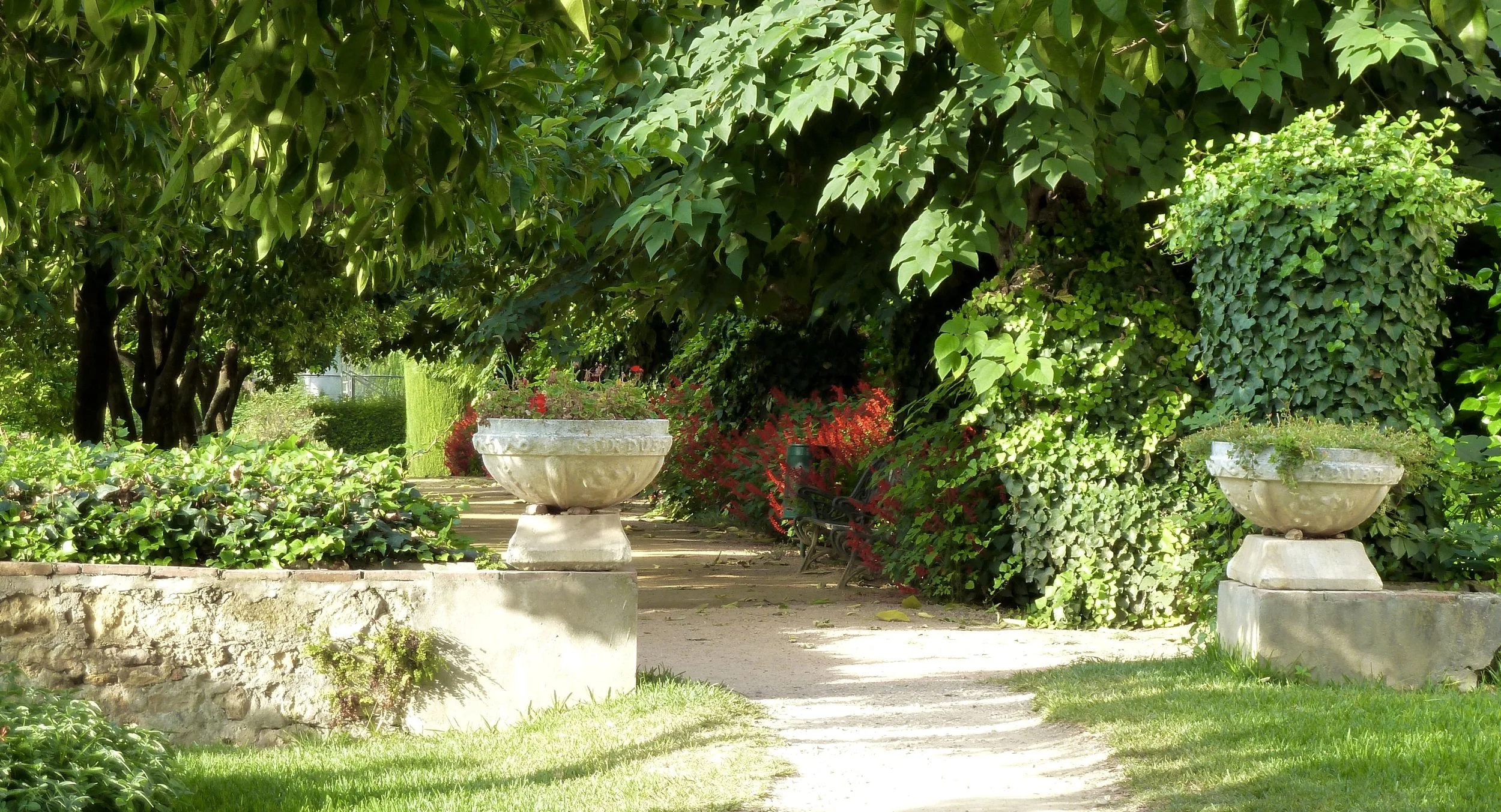Still Places #1 : Why Do We Create Gardens?
All Text & Images: Dom Galloway | GardenSpace (unless otherwise noted)
Sometimes we don’t quite know why we are drawn to a need for a garden. We often need to remind ourselves that even in a world full of noise, there can be quiet; that beauty can be shaped with care and patience.
At its heart, the garden is an intentional act of curation—a patch of the world we choose to shape. Unlike the wild landscape, the garden is touched by human hands; alive, bounded but never static. Why do cultures and individuals create gardens? The answer stretches across centuries, cultures, and philosophies, revealing as much about ourselves as our gardens.
Gardens often begin with a desire for beauty. We are drawn to the harmony of colours, the fragrance of blooms, the rhythm of seasons. In a chaotic world, a garden becomes a small, ordered space—an aesthetic and emotional balm. But a garden is not purely ornamental. From the earliest agricultural societies, gardens were places of sustenance and survival. Over time, they evolved into sanctuaries of leisure, reflection, and personal freedom.
There is a sense of restoration and hope in a garden. The very act of creating a garden is optimistic - a belief in a better future.
Philosophically, gardens represent our complex relationship with nature. A curious mix of a longing to connect with the natural world while also exerting control over it. In this space, the wild is tamed but not silenced. A garden, unlike the farm, does not exist solely to produce; it exists to have meaning. Its forms are deliberate gestures—toward beauty, memory, or even transcendence.
Historically, gardens have reflected the changes of civilization. Persian walled gardens symbolized paradise and divine order. Roman villas featured lush courtyards to display wealth and leisure. Medieval monastic gardens served as spaces for prayer, study, and healing. Whether grand or humble, every garden reflects its creator’s values, beliefs, and social context.
But perhaps most profoundly and subconsciously, gardens may be a response to our own mortality. They flourish, fade, and return—echoing the cycle of human life.
“To the poet the world appears still more beautiful as he gazes at flowers that are doomed to whither, at springs that come to too speedy an end” - Robert Lynd
In developing a garden, we participate in a dialogue with time. The simple acts of planting and pruning become rituals of care, hope, and patience. In this way, the garden becomes not just a space, but a dialogue with the fleeting nature of existence.
Gardens remind us that by engaging with these cycles of growth and care, we offer ourselves both emotional sanctuary and a renewed sense of place in the world.
Creating a garden is an attempt to seek peace, turn toward beauty, and to seek to feel at home among living things. The garden provides answers to these questions quietly. It offers a place where we try to balance our daily lives and the world around us. It is both made and natural, both ordered and free. In its presence, we are reminded that we are part of the living world—and that our lives are richest when we work to achieve an understanding of our place within it.
If you’d like to begin creating a garden for yourself, contact us today.


